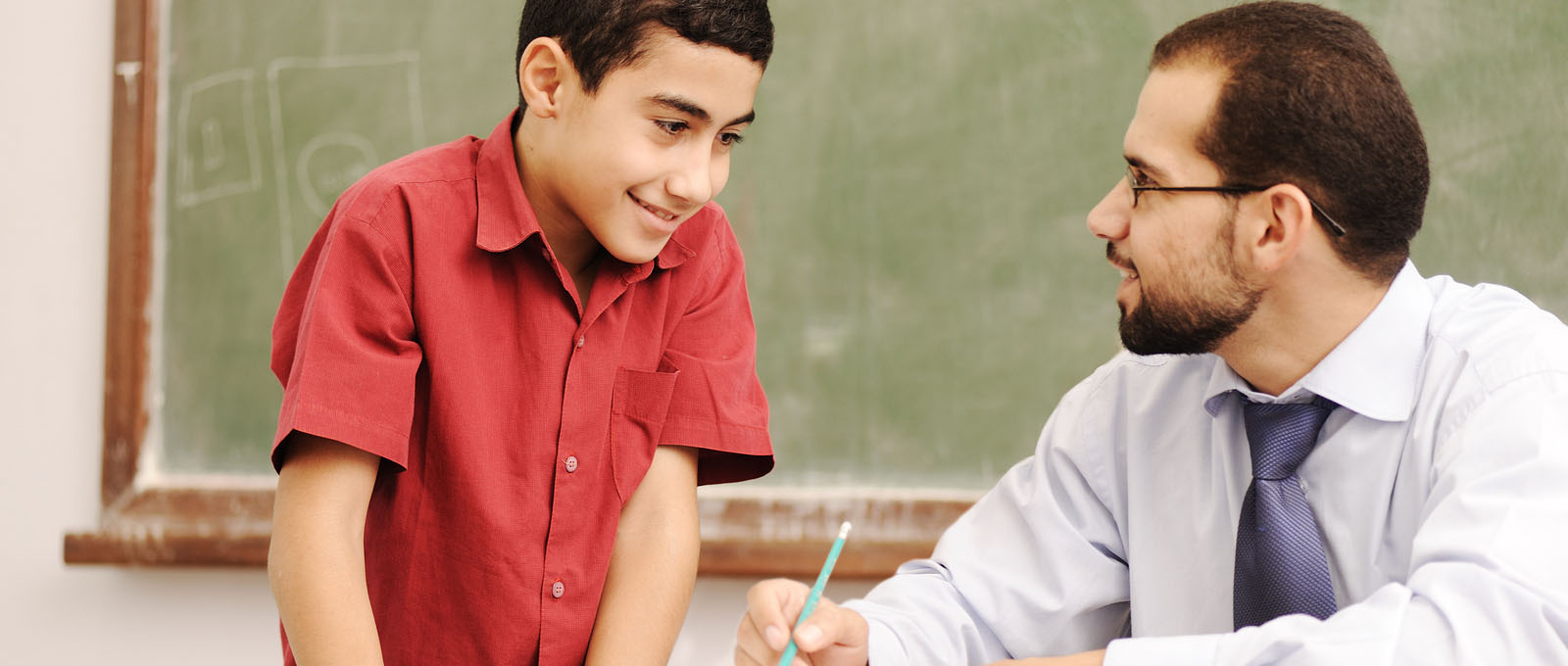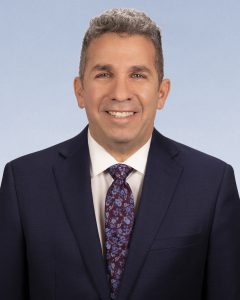Large Firm Service. Small Firm Attention.

SHARE
New York State Issues School Reopening Guidance
Published August 27, 2021
By Sandi Rosenbaum, Special Education / Special Needs Advocate
As schools reopen in the coming weeks, all have worries about the COVID-19 virus and its highly transmissible Delta variant. School administrators continue to plan for the safety of students and school personnel and develop new policies and protocols amid continuing concerns about the COVID-19 virus and its highly transmissible Delta variant. The New York State Education Department (NYSED) has just released updated guidance for schools – public, charter, and private – incorporating guidance from:
- Centers for Disease Control: Guidance for COVID-19 Prevention in K-12 Schools
- American Academy of Pediatrics: COVID-19 Guidance for Safe Schools
NYSED’s guidance has evolved since the last update, a full year ago, when vaccines were not yet available. Yet, the guidance includes limited specifics. For instance, it suggests schools should “consult with local health officials and monitor community transmission, vaccination coverage, screening testing, and occurrence of outbreaks to guide decisions on the level of layered prevention strategies,” which strategies predictably include encouraging vaccination, consistent and correct use of masks, physical distancing, improved ventilation, proper handwashing and respiratory etiquette, and more.
Here are some highlights from the NYSED recommendations:
- Universal indoor masking by all those present in school buildings or on school buses. The universal masking rules are without regard to vaccination status. They provide for exemptions for individuals with disabilities – those who cannot wear a mask or cannot safely wear a mask. More specific guidance on mask exemptions is available here:
- Physical distancing and cohorting. The CDC currently recommends 3 feet of physical distancing between students, combined with indoor mask wearing, and 6 feet between teachers and students, or between teachers and unvaccinated staff. While NYSED guidance suggests cohorting may be utilized as an additional layer of protection, there is no specific guidance, and restrictions on cafeteria use (e.g., eating lunch in classrooms) are recommended only in areas with substantial or high transmission rates.
- Sports, band, choir, and similar extracurricular activities. Schools are strongly encouraged to implement a screening testing protocol for high-risk activities involving increased exhalation and close contact. (See above link to Guidance for COVID-19 Prevention in K-12 Schools).
Important changes from last year:
- Temperature screenings and questionnaires are no longer recommended, per the CDC.
- Isolation and quarantine recommendations in response to a positive COVID test have been narrowed to minimize interruptions to in-person learning:
- Close contacts who need to isolate are those who have been within 6 feet of a COVID-positive individual for 15 minutes, cumulatively, over a 24 hour period, within 2 days prior to illness onset; qualifying distance is reduced to 3 feet for properly masked students.
- Close contacts who have been vaccinated and are asymptomatic should be tested, but need not isolate unless they test positive.
- Schools are required to open for in-person learning, absent another public health emergency. Districts that are open for full-time, in-person instruction are not required to offer remote instruction, but are permitted to do so, whether directly, through BOCES, or collaboratively through neighboring districts, for students whose medical conditions prohibit their safe return to in-person learning or those who struggled in-person and excelled with remote learning. Districts do need to be prepared to offer remote learning in the event of another public health emergency.
If you have questions about your child’s specific circumstances, you may wish to contact an attorney to discuss. Wishing good health to all in the coming school year.
Categories
Recent Posts
Explore In-Depth

Corporate & Securities

Elder Law & Estate Planning

Special Needs Planning

Special Education Advocacy


















